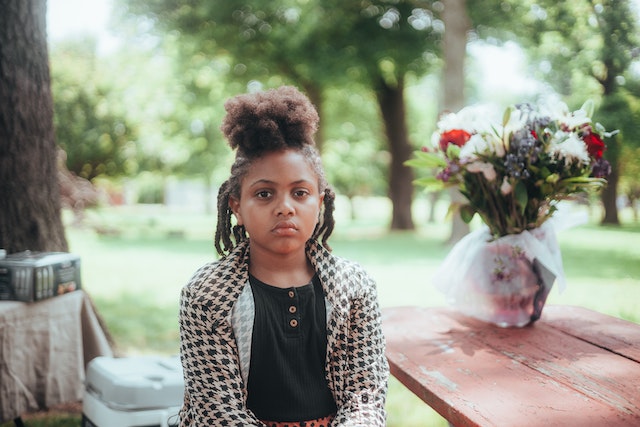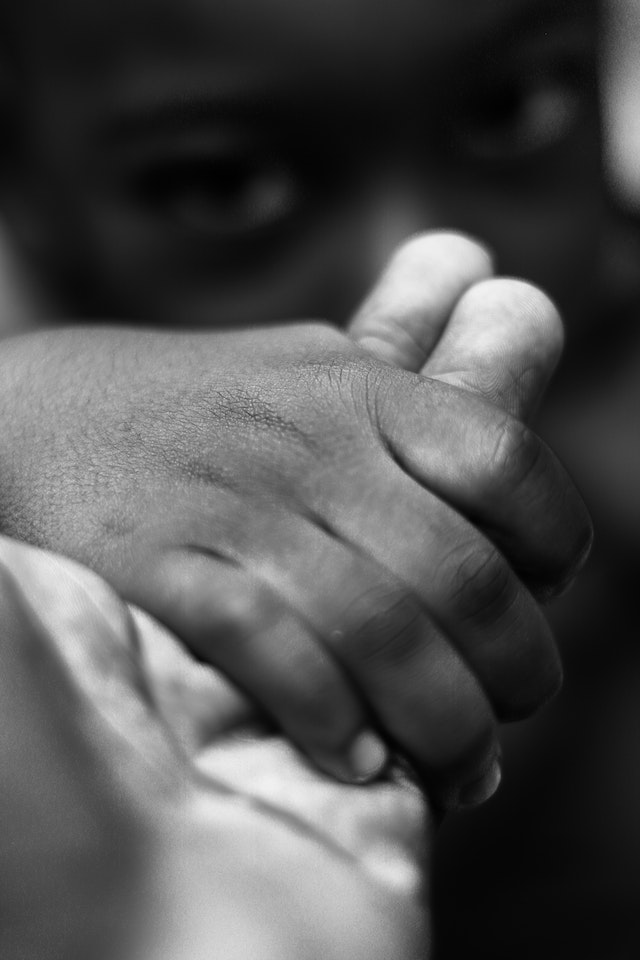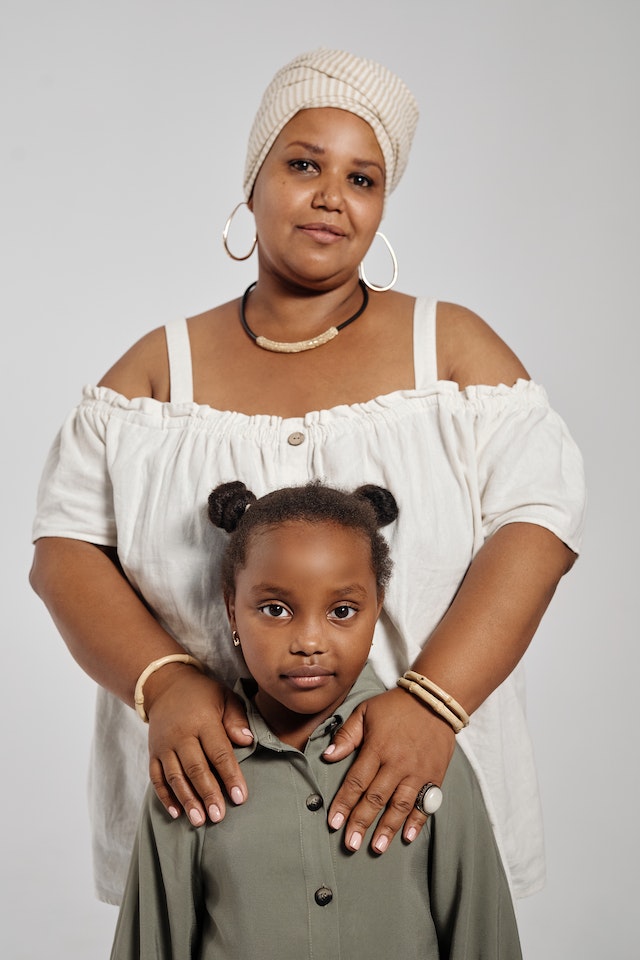
The Lingering Wounds.
Childhood should be a time of innocence, development, and exploration, but for a great number of kids, it is tainted by the traumatic results of physical abuse. Physical abuse leaves long-lasting scars that frequently go beyond the initial physical discomfort to affect mental health. We will explore the distressing link between physical child abuse and eventual mental health problems in this blog, illuminating the significance of comprehending and dealing with this issue(“Physical child abuse and mental health”)
Understanding Physical Child Abuse.
Any purposeful use of physical force against a kid, including hitting, slapping, kicking, and even more extreme kinds of violence, is considered physical child abuse. Unfortunately, regardless of their social status, culture, or location, children are impacted by this grim truth. Physical abuse has an effect that goes beyond only the physical wounds; it serves as a catalyst for a number of long-lasting psychological effects.

The Far-reaching Consequences on Mental Health.
PTSD and Emotional Trauma: The Effects of a Haunting.
Physically abused children frequently go through an emotionally distressing event. Post-Traumatic Stress Disorder (PTSD) might develop as a result of the extreme dread and distress experienced during the abusive incidents. Vivid flashbacks, sleep terrors, and bothersome thoughts are common in survivors, and these symptoms can leave emotional scars that last well into adulthood.
Anxiety and Depression: Fighting the Shadows Within.
A child’s sense of security can be damaged by ongoing physical abuse, which increases their risk of developing anxiety and depressive disorders. A perfect storm for the beginning of these crippling mental health conditions is created by the sense of helplessness and the constant fear of harm.
Impact of Attachment Difficulties on Relationships and Self-Identity.
Emotional growth is based on strong parent-child interactions. However, physical abuse shatters this inborn relationship, resulting in attachment problems that persist far into adulthood. Because of their past experiences with distrust and dread, these survivors frequently struggle to establish and sustain meaningful relationships.
Broken Self-Worth: The Uncovering of Abuse’s Hidden Cost.
Abuse of the body sends a strong message of worthlessness and inadequacy. These damaging messages are taken in by survivors, who develop ingrained low self-esteem as a result. The wounds of abuse show up as a steadfast conviction that one is undeserving of love, happiness, and achievement.https://www.everydayhealth.com/emotional-health/childhood-abuse-can-lead-to-physical-and-mental-problems-decades-later/
Breaking the Cycle: Seeking Help and Healing.
Early Detection and Intervention: Recognizing the Signs.
The first step in ending the pattern of physical abuse is to recognize the warning indicators. Red flags that demand attention include unexplained injuries, abrupt behavioral changes, withdrawal, and overwhelming fear. Teachers, caregivers, and family members need to be on the lookout for signs of abuse that are both physically and emotionally manifest.
Therapeutic Techniques: Disclosing Routes to Recovery.
In order to negotiate their trauma, survivors of physical child abuse need the assistance of mental health specialists. Treatment for PTSD and similar conditions has showed promise with approaches including Cognitive Behavioral Therapy (CBT) and Eye Movement Desensitization and Reprocessing (EMDR). The process of healing requires facing and processing traumatic memories in a protected and encouraging atmosphere.
Fostering Healing and Growth in Supportive Environments.
For survivors to heal, creating a secure and supportive atmosphere is essential. Friends, family, and community resources that are supportive can provide the affirmation and inspiration need to reestablish a sense of security. For survivors’ mental health, developing trust and letting them know they are valued can be transformational.
The Road to Healing and Resilience: A Ray of Hope.
Even while physical child abuse has a significant negative influence on mental health, it’s important to stress that recovery and resiliency are possible. Survivors can rebuild their lives and come out stronger than they ever imagined possible with the correct interventions, support networks, and a determination to ending the cycle of abuse.https://bmcpsychiatry.biomedcentral.com/articles/10.1186/s12888-022-04001-2

Conclusion.
We cannot dismiss the disturbing reality that there is a connection between physical child maltreatment and future mental health issues. As a culture, we must cooperate to increase understanding of abuse, see its warning signs, and give victims the tools they need to recover. We can assist survivors in breaking free from the cycle of suffering and paving the path for better, happier futures by tackling this issue head-on.https://www.childwelfare.gov/pubpdfs/long_term_consequences.pdf


